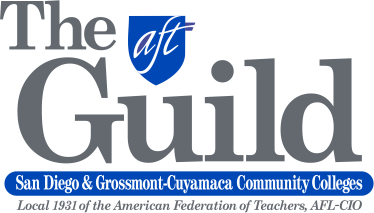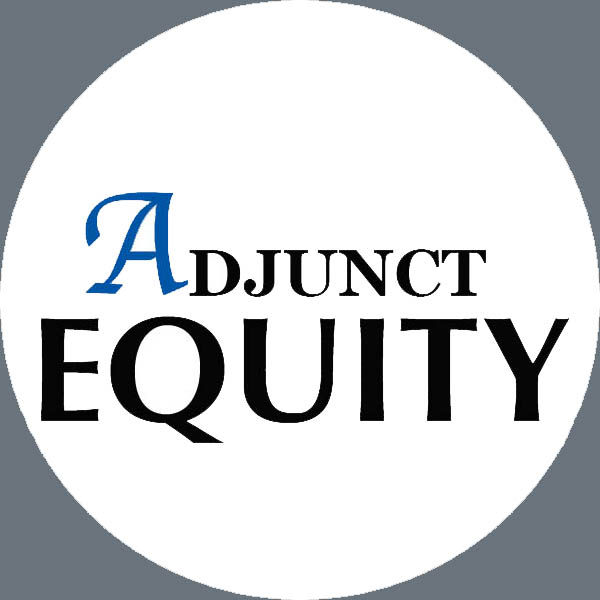Last spring, the forecast for the California budget was gloomy to apocalyptic. With the pandemic raging seemingly endlessly, state budgets crumbling in the face of the crisis, and no significant help on the way from the Federal government for states and municipalities, there was little reason for hope. Indeed, with the Republicans actively arguing against “blue state bailouts,” it seemed certain that a dark future of austerity was upon us for years to come.
But an unexpected thing happened on the way to the budget cliff. As the State Chancellor’s Office budget analysis notes:
The budget outlook has improved since the 2020 Budget Act despite the dramatic increase in COVID-19 cases and continuing shutdowns across most of the state. State revenues continue to outperform earlier projections related to improving employment in many sectors, a growing housing market due to low interest rates and high demand, and sales of taxable goods replacing some of the resources previously spent on untaxed services. However, the economic recovery has been unequal, with the wealthy benefitting from a strong stock market and comparatively low unemployment in professional industries while the state’s low-wage workers in industries most affected by the pandemic are left behind, exacerbating inequality. The Governor’s Budget summary notes that, despite higher-than-expected revenues, the State faces an operating deficit as General Fund expenditures grow faster than the “big three” revenues, projected to grow to over $11 billion by 2024-25, constraining the ability to undertake expanded ongoing commitments.
Starting with the good news, the unexpected revenue that came from existing taxes on the wealthy will go a long way to help plug the holes in the budget, with education getting significant help during these dire times. As EdSource explains of Governor Newsom’s proposed budget:
The state’s community colleges would receive $250 million in one-time spending for emergency financial aid assistance for students in need. Newsom proposed that $100 million of those funds be approved based on “early action” by the Legislature, meaning that students would have access to the emergency aid this semester.
As part of the early action package, Newsom is also proposing a one-time investment of $20 million for “retention and re-enrollment,” which could include engaging with students who have dropped out and helping them re-enroll.
Other new investments in the community college system include: $100 million in one-time spending to support students in need of food and housing; $23.1 million to cover the costs of additional student enrollments; $30 million four mental health services and computer access and equipment for students to help students bridge the digital divide; and $15 million in one-time funding for open-source textbooks to offset what he called the “usurious costs” of textbooks.
The governor also proposed $111.1 in ongoing funding to the system to pay for a 1.5% cost-of-living increase.
Like the CSU, the community college and UC systems would also receive funding to upgrade faculty skills to serve students from diverse cultural backgrounds.
More specifically, the CFT analysis of the budget outlines a number of additional ongoing and one-time allotments coming to community colleges:
Other proposals supported by ongoing funding include:
-
- $30 million to support student access to technology and mental health services.
- $10.6 million to develop online and distance education platforms.
- $15 million to expand the California Apprenticeship Initiative.
One-time funding proposals include:
-
- Support totaling $250 million is proposed for emergency financial aid for full-time, low- income students; $100 million is part of the early action proposals.
- $100 million for food and housing security support for students
- $20 million to support culturally competent online professional development for faculty.
- $20 million to expand work-based learning.
- $15 million to support zero-textbook-cost degrees.
- $600,000 to support implementation of AB 1460, which adds an ethnic studies course as a CSU graduation requirement, and anti-racism initiatives in the community college system.
This better budget news from the state combined with incoming money from a second stimulus bill finally passed in the waning days of the Trump administration have bolstered education funding as a whole in California and brought in millions of unexpected dollars to the San Diego and Grossmont-Cuyamaca College Districts in particular. If the Biden Administration is successful in passing its $1.9 trillion package, we will see millions more to help us weather the present crisis.
All of this is very good news for a community college system that was bracing for the worst, but, as the Chancellor’s office analysis observes, after this year, long term revenue issues will remain. This year we benefited from the fact that as millions of Americans suffered in the midst of the pandemic and subsequent economic crisis, the country’s billionaires, California’s uber rich included, were enriched by a $1.1 trillion windfall. Thus, 660 of the super-rich made enough money during the pandemic to fund the entire Biden relief package for the whole of the United States. Closer to home, the profits made by billionaires in California during the pandemic exceeded the total Prop 98 guarantee for K-12 to community college.
With this in mind, it should be clear that rather than revert to budgetary austerity after this one-time boost, California needs to consider new progressive taxes to take the place of Proposition 55 which followed Proposition 30 in temporarily taxing the rich to fund education. After Proposition 15 failed last November in the face of a multimillion dollar corporate campaign designed to protect commercial property tax loop holes for big business, the next battle over tax fairness needs to more strategically emphasize the vast economic inequality that was made worse over the course of the pandemic and focus more clearly on how progressive taxes will help level the playing field and boost the economy by creating a better educated, well-paid workforce in the end.
Never have the grave inequities in our state been clearer. We should look to future legislative action to address this, or, barring that, take a ballot measure to the people of California to help fund the future.






0 Comments